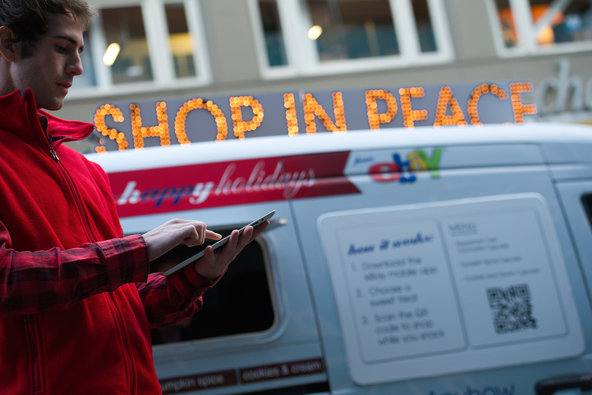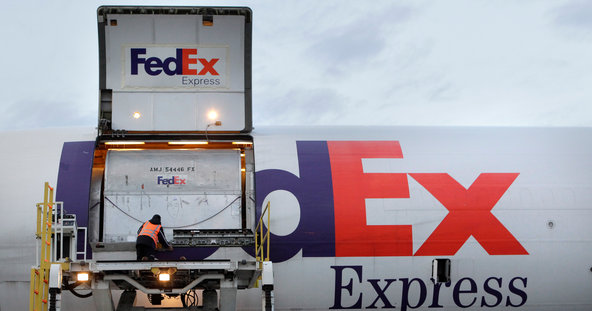 Agence France-Presse — Getty Images Labrador Retrievers are very popular pets.
Agence France-Presse — Getty Images Labrador Retrievers are very popular pets.
A dog owner with an entrepreneurial bent has started a Web site aimed at making it easier for pet lovers to find the right products at the right price.
DugDug is a new price comparison site that aims to provide pet product information from multiple online retailers in a clear, easily understandable format, said David Keh, the site’s founder.
Mr. Keh, a former hedge fund analyst, said he created DugDug out of his own frustration as a new pet owner. (He owns a standard poodle.) When searching for supplies online, he said, most comparison sites returned information that wasn’t presented in a helpful way. For instance, when searching for medications, searching by the product name most often produced lists that weren’t sorted based on the pet’s weight or by the number of doses supplied, making it difficult to compare prices. “You get nonsensical results,” he said. “It was a huge frustration.”
So Mr. Keh’s site attempts to sort products in a more meaningful way. A search on DugDug, for instance, for Advantix, a killer of canine fleas and ticks, returns a menu of options, based on the pet’s weight. When you click on the proper weight (11-20 pounds, say), an appropriate list of vendors and prices appears.
DugDug also includes any coupons next to each item. That way, users can receive the discount when buying the item, rather than having to scour the Web for potentially available coupon codes, he said. (If users want, they can also use an optional browser tool, called Rover, that automatically notifies them of coupons as they visit different Web sites.)
DugDug doesn’t conduct any sales itself. Rather, once you find the best price, you select the vendor and are taken to that Web site to complete the sale. DugDug receives a fee from some sites if you click through and make a purchase. But the site lists the vendors with the best prices, Mr. Keh said, whether or not the site has a commission deal with DugDug.
(If you are buying a pet medication that requires a prescription, you must eventually provide one from your veterinarian — or, often, the site you buy from will contact your veterinarian to verify it, or to request one on your behalf. In general, though, you need to see a veterinarian in person at some point, to obtain the prescription. Mr. Keh says DugDug screens prescription sites displayed on its searches to weed out disreputable carriers that may be offering counterfeit drugs.)
Mr. Keh said he might be new to pets, but has always been entrepreneurial. While an undergraduate at Stanford, said, he ran a business from his dorm room changing the backlighting on cellphones, earning as much as $150 each.
DugDug focuses on dogs, but will be gradually rolling out other pet categories like cats, birds, fish, reptiles and small pets (including ferrets, guinea pigs, gerbils etc.) over the next several weeks.
Other plans for the Web site include comparison shopping tools for pet insurance, an area Mr. Keh said he saw as lacking in transparency. “We’ll give information on prices and differences in coverage,” he said.
How do you shop for pet products online? Do you find DugDug’s approach helpful?
Article source: http://bucks.blogs.nytimes.com/2013/02/19/new-comparison-shopping-site-for-pet-owners/?partner=rss&emc=rss

